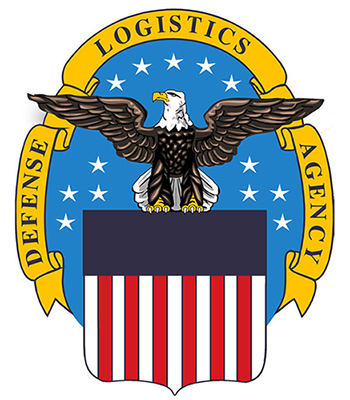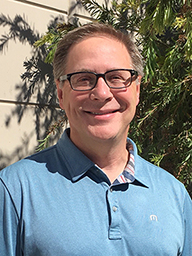Fiber Optic Testing
Experior Laboratories is the leading fiber optic component testing and qualification laboratory with proven global success. Combining extensive industry knowledge, standards development experience and world-class competence, Experior Labs offers a full range of reliable and cost-effective fiber optic qualification, design verification and reliability testing services.
Experior Labs tests a broad range of fiber optic components that include fiber, cable, connector and harness assemblies, as well as switches and a range of other passive optical components, including closures and terminals. Experior Labs’ environmental test laboratory features a range of optical measurement systems with a capacity of hundreds of optical switch channels for testing both multimode and singlemode components.
Experior Labs is ISO/IEC 17025:2017 accredited, a member of the Verizon Fiber Optic Component (FOC) Independent Test Laboratory (ITL) Program, as well as approved to MIL-STD-790 by the Defense Logistics Agency Land and Maritime in Columbus Ohio (DLA) and UL approved under DAP Program.




Experior Labs is approved for testing to the following Military, Aerospace and Shipboard component specifications:
| MIL-PRF-29504 | Specification for Fiber Optic Termini |
| MIL-PRF-49291 | Specification for Fiber Optic |
| MIL-PRF-85045 | Fiber Optic Cable Specification for Department of Defense Applications |
| MIL-PRF-28876 | Specification for Fiber Optic Circulars Connector, Plug and Receptacle Style |
| MIL-DTL-38999 | Specifications for Electrical Circular Connectors |
| MIL-PRF-64266 | Next-Generation Fiber Optic Connector for Department of Defense Applications |
| MIL-C-83522 | Specification for Fiber Optic Single Terminus (ST) Connectors |
| MIL-DTL-83526 | Specification for Fiber Optic Circulars Connector, Hermaphroditic |
| ARINC 801 | ARINC Specification 801 is intended to provide standardization of a fiber optic interconnect assembly, which is composed of a connector, fiber optic cable, and fiber optic termini for the air transport industry. |
| ARINC 802 | ARINC Specification 802 is intended to provide standardization of fiber optic cable for the air transport industry. |
Experior Labs is approved for testing to the following Telecommunications component specifications:
| GR-326 | Single Mode Optical Connectors |
| GR-1081 | Field-Mountable Optical Fiber Connectors |
| GR-1435 | Multi-Fiber Optical Connectors |
| GR-3120 | Hardened Fiber Optic Connectors (HFOCs) |
| GR-3152 | Hardened Multi-Fiber Optical Connectors (HMFOCs) |
| GR-20 | Optical Fiber and Optical Fiber Cable |
| GR-409 | Requirements for Premises Fiber Optic Cable |
| GR-2866 | Optical Fiber Fanouts |
| GR-1209 | Passive Optical Components |
| GR-1221 | Reliability Assurance Requirements for Passive Optical Components |
| GR-449 | Requirements and Design Considerations for Fiber Distributing Frames |
| GR-771 | Requirements for Fiber Optic Splice Closures |
| GR-3123 | Requirements for Indoor Fiber Distribution Hubs (FDHs) |
| GR-3125 | Requirements for Outdoor Fiber Distribution Hubs |
| GR-3126 | Wall Plates, Moldings, and Raceways that Support Fiber Optic Services (Including Fiber to the Premises [FTTP]) |
| GR-3155 | Requirements for Microducts for Fiber Optic Cables |
Other Test Standards:
Fiber Optic Expertise

David Cohen, Ph. D.
Engineering Manager
As Engineer Manager at Experior Laboratories, David Cohen assumes technical leadership for testing of all fiber optic components in both telecom and military/aerospace applications.
Prior to joining Experior Labs, David was the fiber optic scientist at Rifocs Corporation in charge of R&D. Later, as a founding member of the innovative startup nanoPrecison Products, David established and managed their high precision technology and product development center where he obtained many years of metrology experience developing novel high precision metal fiber optic component prototypes.
David has also published many peer-reviewed journal articles, conference papers, and patents in fiber-optic related fields. He holds a BS degree in Physics from the University of California, Los Angeles, and a Ph.D. degree in Electrical Engineering from the University of Southern California.
